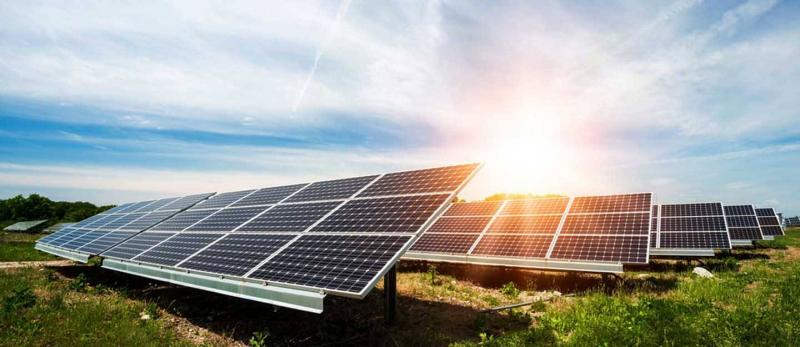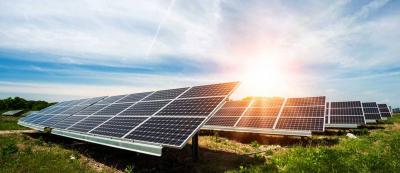On a "business as usual" basis, the Cabinet approved the Ministry of Energy and Water's proposal to grant licenses for building solar power generation plants. Energy Minister Walid Fayyad, who described the Cabinet session as fruitful, stated that it was agreed to issue licenses to the 11 companies that won bids in previous years to build solar power generation plants, with each company building a solar power station with a capacity of 15 megawatts.
In form, and considering the darkness and power rationing, this may be seen as an achievement for this government, in line with the renewable energy trajectory that is part of the plan to revitalize the energy sector, according to Minister Fayyad himself.
However, in substance, reviewing the names of the 11 companies (and their distribution across regions) reveals quotas. Furthermore, the item was presented to the Cabinet last week and was postponed due to the incomplete file... So, has such a large file been completed in just a few days? Energy expert lawyer Kristina Abi Haidar explains to "Akhbar Al-Yawm" Agency that the way the licenses were approved yesterday is contrary to Law No. 288 regarding "granting licenses after conducting public tenders," which expired on April 30 last year (allowing the Cabinet to replace the regulatory authority to grant licenses). She criticized bypassing the laws and resorting to "exceptional status," asking: Are we in a state of law that respects laws issued by the Parliament or not?
She adds that the tender won by these eleven companies was held in the Ministry of Energy and not according to the stipulated mechanism, and that took place in 2017, five years ago. This raises a series of questions: Are these companies still financially, technically, and technologically qualified? Have they kept up with developments at this level? What about the prices that have changed significantly during this period?
In this context, Abi Haidar describes "granting licenses" as "fish in the sea," where the fundamental question is about financing, especially in light of the obligation of Electricité du Liban to pay based on the Sayrafa rate. This also leads to other questions: Is the Sayrafa platform legitimate, and what if it changes or is canceled? Can an official institution be obliged to price outside the official exchange rate? Knowing that any action of this kind requires a law issued by the Parliament.
Moreover, who will fund the project, especially given the economic and financial conditions in Lebanon that are unsuitable for investment? Do investors receive payments in Lebanese pounds?!
Here, Abi Haidar recalls the "production licenses via wind energy in Akkar" that were granted in 2017 and have yet to be executed due to the lack of completed environmental impact studies and absent financing, stating: That was two years before the crisis; today, the situation has become more difficult.
Abi Haidar concludes by saying that no project can be implemented at this level unless the basic law for the electricity sector is issued, which should stipulate private sector participation, meaning that the private sector must sell to the private sector without returning to the state, and Electricité du Liban should collect a fee for using the network.




